Australia and Palestine-Israel: The Threat of the Far Right
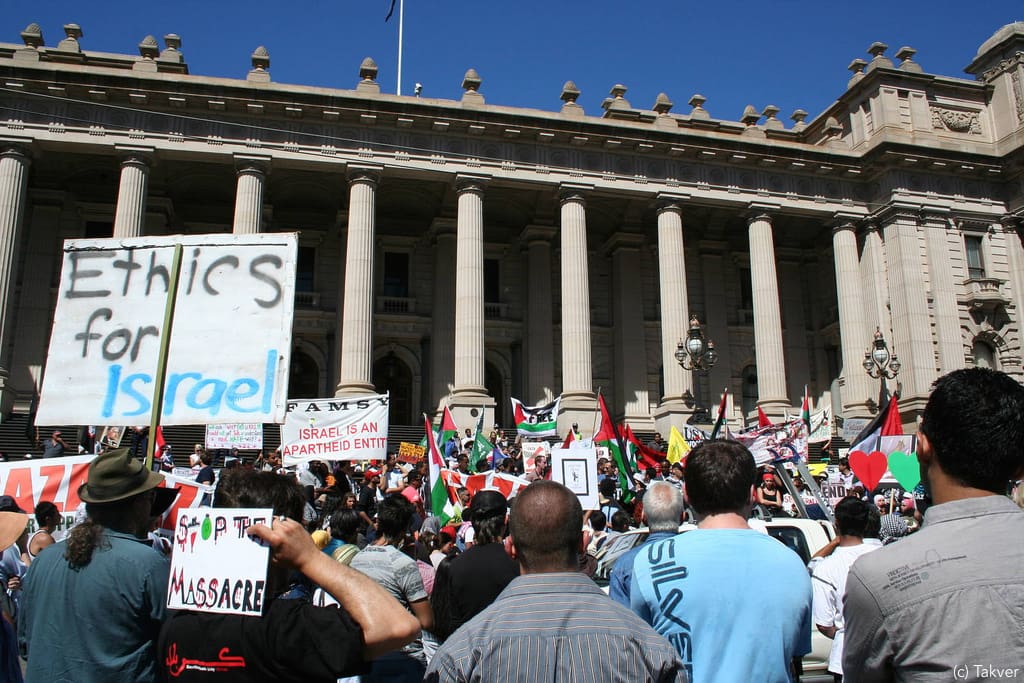
Australia recently voted against the UN resolution elevating Palestine’s status in the body and is considering moving its embassy to Jerusalem. While these acts may cause little surprise as the country’s policy has always leaned pro-Israel, Al-Shabaka Policy Analyst 24517 examines how Australia’s ruling party has moved further to the right and recommends ways to impede this trajectory.
Dark Money: Palestine, Mega Donors, and the 2018 Midterm Elections
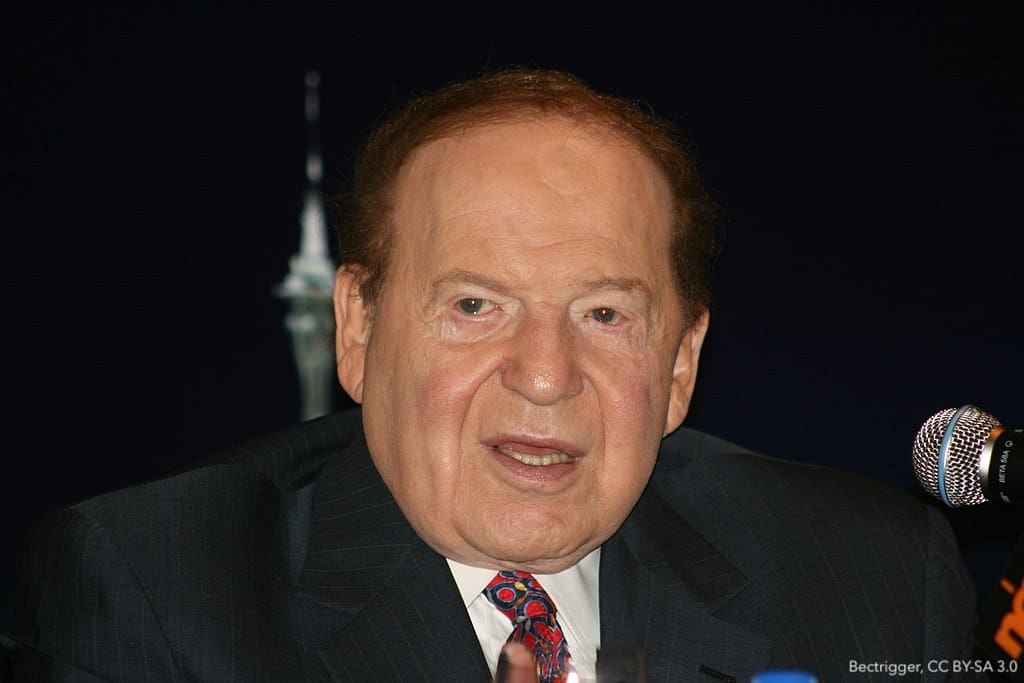
The impending US mid-term elections are expected to be the most expensive in American history, with Republicans and Democrats continuing to rely on pro-Israel mega donors like Sheldon Adelson and Haim Saban. Al-Shabaka Policy Analyst Osamah Khalil examines these donors’ outsized influence on campaigns and policy and recommends ways for Palestinian activists and allies to counter their sway.
Focus On: 25 Years of Oslo
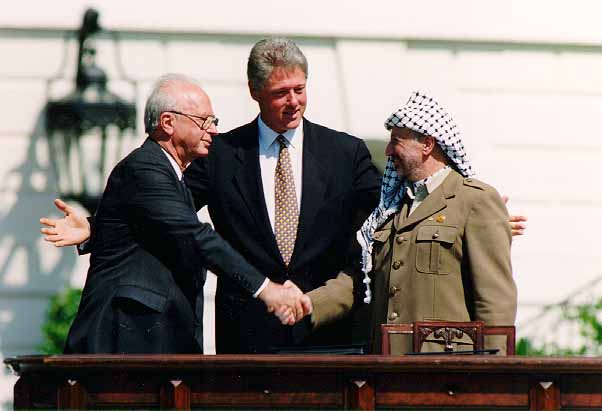
In this compilation Al-Shabaka’s top analysts dissect the Accords’ political and economic dimensions and discuss their repercussions for Palestinians while also providing recommendations on ways forward.
Reclaiming the Political Dimension of the Palestinian Narrative

Editor’s Note: This piece launches Al-Shabaka’s Narrative and Discourse Policy Circle, in which a team of Al-Shabaka policy analysts are working together across borders to tackle the question of whether Palestinians should have a sole, legitimate narrative and, if so, what it should be. An Al-Shabaka policy circle is a specific methodology to engage a group of analysts […]
Kushner’s Ongoing Assault on Palestinian Refugees

The US administration is waging an assault against Palestinian refugees. Al-Shabaka US Policy Fellow 24598 analyzes US cuts to UNRWA and Congressional bills that aim to reconstitute the state of Palestinian refugees to squelch Palestinian claims to sovereignty and repatriation, and suggests strategies that pro-Palestinian constituents and civil society can use to counter these acts.
Allying Against Iran: Repercussions for Palestine
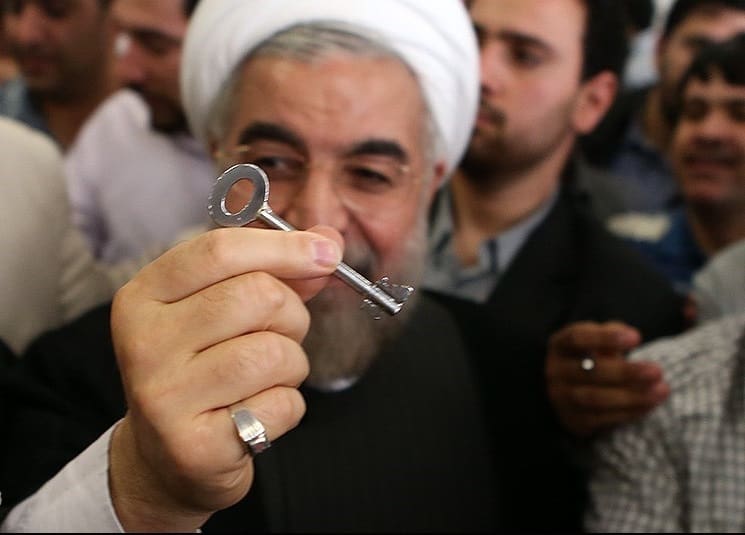
Trump’s administration and Israel are pressuring Palestinians to accept a disastrous deal in part to cement closer relations with Gulf states against Iran. Al-Shabaka’s Diana Buttu, Osamah Khalil, and Mouin Rabbani examine how US actions work to the detriment of Palestinians, the repercussions of these developments on Hamas-Iran relations, and what Palestinians can do in response.
Back to the Future: The Great March of Return

Gaza’s March of Return has brought crucial questions to the fore regarding the Palestinian cause and the status of the Strip. Gaza-based Al-Shabaka Analyst Haidar Eid examines these questions and concludes that the March is creating a new awareness rooted in Palestinian unity across all geographies, the goals of the BDS movement, and a rejection of the two-state solution.
The EU Must Fight the US Embassy Move to Jerusalem

In the face of the US embassy move, Al-Shabaka Policy Fellow 24588 argues that the European Union remains one of the few spaces left to pursue Palestinian rights in the international arena. She proposes immediate steps the EU can take to uphold its commitments to Palestinians, including boycotting diplomatic meetings and functions at the new US embassy.
Palestine Sets Precedent with Legal Complaint
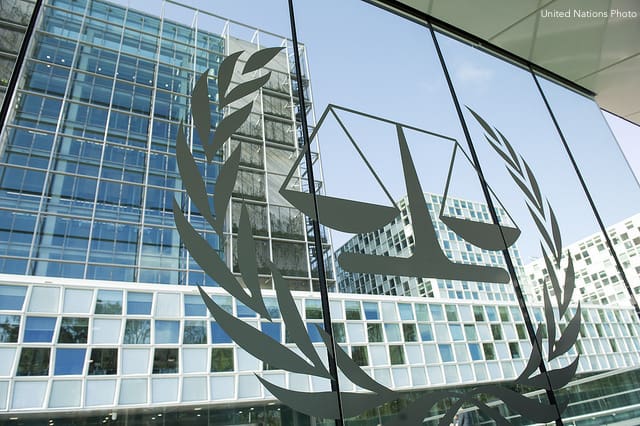
Palestine recently submitted a complaint with the UN Committee on the Elimination of Racial Discrimination involving Israeli violations of the rights of the Palestinian people. Al-Shabaka Policy Analyst Zaha Hassan outlines why the complaint’s findings could build the factual and legal basis for prosecutions in international courts against Israeli officials as well as the state of Israel itself.









